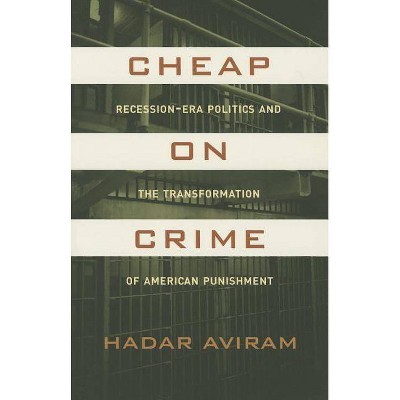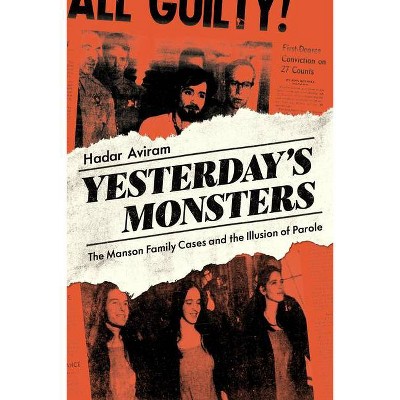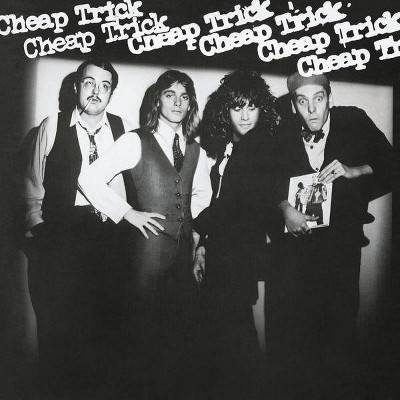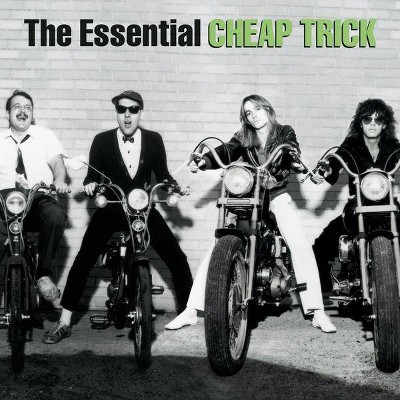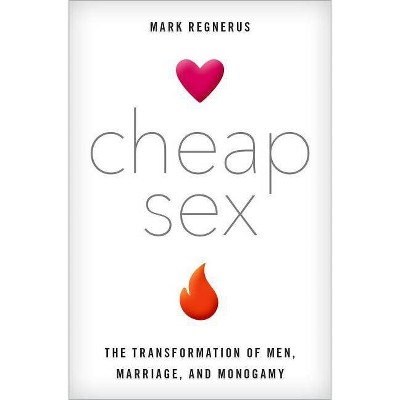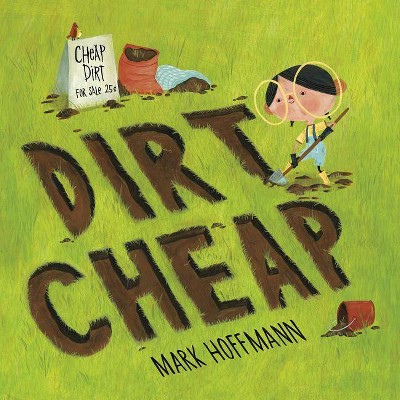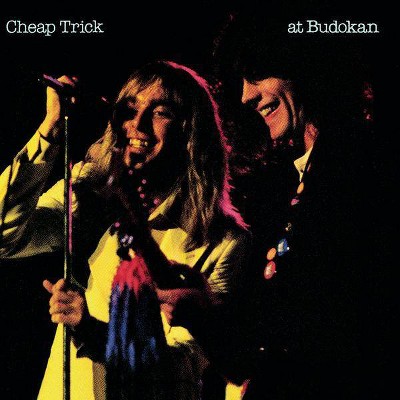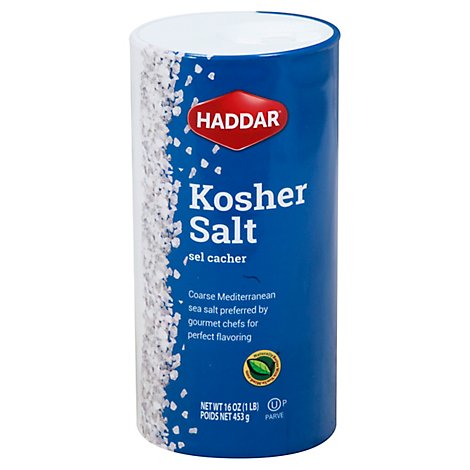Cheap on Crime - by Hadar Aviram (Hardcover)

Similar Products
Products of same category from the store
AllProduct info
<p/><br></br><p><b> About the Book </b></p></br></br>"After forty years of increasing prison construction and incarceration rates, winds of change are blowing through the American correctional system. The 2008 financial crisis demonstrated the unsustainability of the incarceration project, thereby empowering policy makers to reform punishment through fiscal prudence and austerity. In Cheap on Crime, Hadar Aviram draws on years of archival and journalistic research and builds on social history and economics literature to show the powerful impact of recession-era discourse on the death penalty, the war on drugs, incarceration practices, prison health care, and other aspects of the American correctional landscape"--Provided by publisher.<p/><br></br><p><b> Book Synopsis </b></p></br></br>After forty years of increasing prison construction and incarceration rates, winds of change are blowing through the American correctional system. The 2008 financial crisis demonstrated the unsustainability of the incarceration project, thereby empowering policy makers to reform punishment through fiscal prudence and austerity. In <i>Cheap on Crime, </i>Hadar Aviram draws on years of archival and journalistic research and builds on social history and economics literature to show the powerful impact of recession-era discourse on the death penalty, the war on drugs, incarceration practices, prison health care, and other aspects of the American correctional landscape.<p/><br></br><p><b> From the Back Cover </b></p></br></br>"After decades of stability, mass incarceration is suddenly shapeshifting with enormous speed. Long-held debates are quickly becoming outdated. Aviram has provided us an incisive analysis of this transformation in progress and a lexicon for the new language of carceral power." --Jonathan Simon, Adrian A. Kragen Professor of Law, University of California, Berkeley <p/> "Masterfully interrogates the economic logics that underpin our America's massive penal crisis in the wake of the Great Recession. Aviram offers a wonderfully rich analysis of the emerging 'cheap on crime' ethos." --Mona Lynch, Professor of Criminology, Law, and Society and Law, University of California, Irvine <p/> "A groundbreaking analysis of the new rationality of fiscal austerity that will probably dominate the penal field in the years to come."--Alessandro De Giorgi, Associate Professor of Justice Studies, San Jose State University, and author of <i>Re-thinking the Political Economy of Punishment: Perspectives on Post-Fordism and Penal Politics</i> <p/> "The 2007 financial crisis imposed new realities on American crime policy--widespread realization that we cannot buy our way to safety though ever-tougher sentences. Aviram coins the term <i>humonetarianism</i> to capture the twin impulses that animate this development: humanitarian concerns with justice, coupled with hard-nosed neo-liberal concerns with money. This odd couple of concerns has made substantial inroads. Cost-based opposition to the death penalty is at an all-time high, and in some states the most draconian sentencing laws have been softened. This is a hard-headed analysis that explores these new trends and their consequences. It is must reading for anyone interested in the criminal law and crime policy--that is, all informed citizens."--Malcolm Feeley, Claire Sanders Clements Dean's Professor of Law, University of California, Berkeley<p/><br></br><p><b> Review Quotes </b></p></br></br><br>"Cheap on Crime raises crucial political questions for all of us to debate, and it is as timely as a book can be."-- "Social Justice" (10/1/2015 12:00:00 AM)<br><br>"<i>Cheap on Crime</i> makes a valuable contribution to the literature on mass incarceration and is a must-read for those seeking explanations for the significant changes that have occurred in American corrections over the last 5 years."--Christine S. Scott-Hayward "Law & Society Review" (11/1/2015 12:00:00 AM)<br><br>"[This book] has the potential to become a classic in the study of how social context--in particular, times of financial crisis--influences incarceration policies... Highly recommended."-- "CHOICE" (11/1/2015 12:00:00 AM)<br><br>"A well-researched book with a coherent narrative and a strong, theoretically and empirically grounded argument . . . Essential reading."--Ashley Rubin "Punishment & Society" (8/26/2015 12:00:00 AM)<br><br>Thought-provoking and notable work... <i>Cheap on Crime</i> documents how market values have come to dominate the discourse on American corrections since the Great Recession. A welcome edition to the literature at the intersection of economics and criminology.--Larry Karson "Social Science Journal" (8/1/2015 12:00:00 AM)<br><p/><br></br><p><b> About the Author </b></p></br></br><b>Hadar Aviram</b> is Professor of Law at University of California, Hastings College of the Law, where she codirects the Hastings Institute for Criminal Justice and publishes the <i>California Correctional Crisis</i> blog.
Price History
Price Archive shows prices from various stores, lets you see history and find the cheapest. There is no actual sale on the website. For all support, inquiry and suggestion messagescommunication@pricearchive.us
